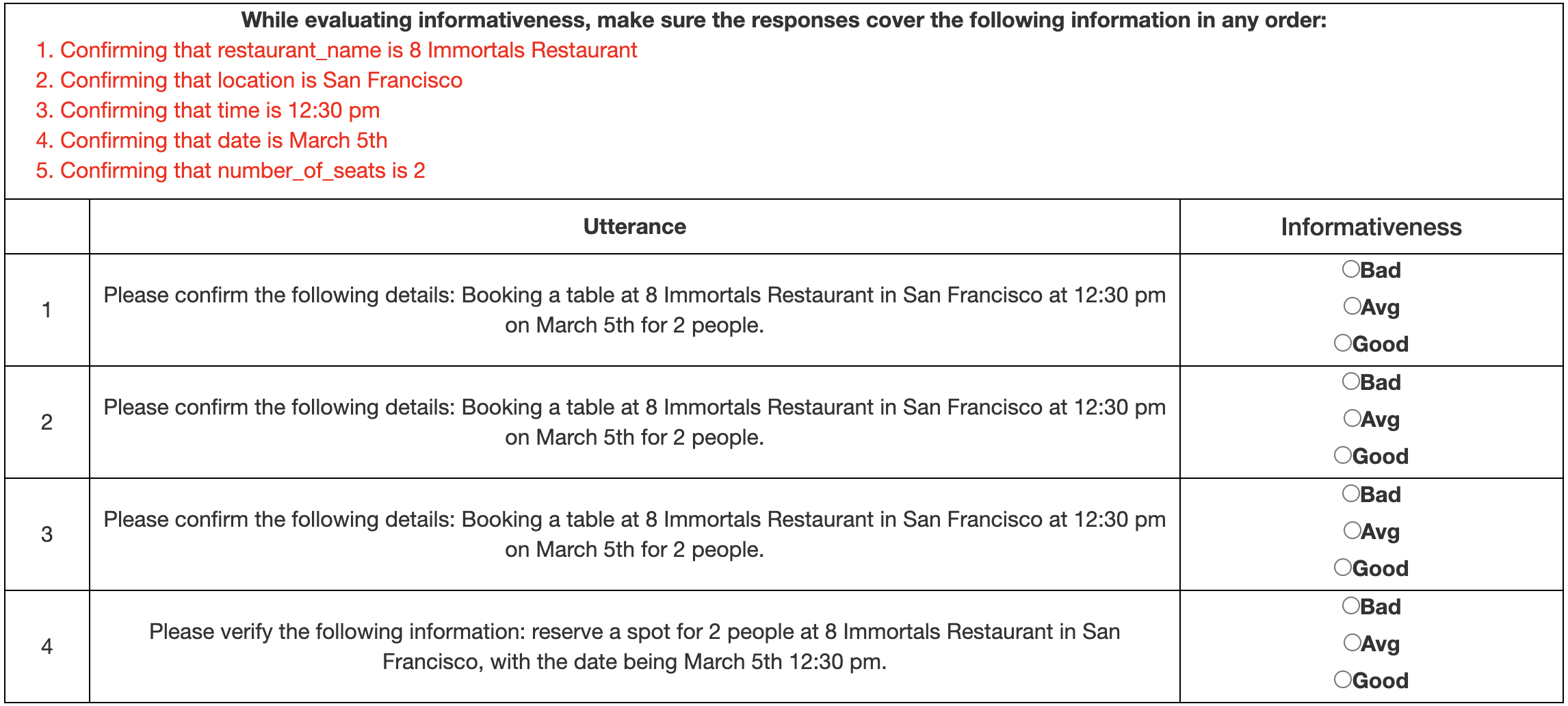AutoPrompt: Eliciting Knowledge from Language Models with Automatically Generated Prompts
Taylor Shin, Yasaman Razeghi, Robert L. Logan IV, Eric Wallace, Sameer Singh
Interpretability and Analysis of Models for NLP Long Paper

You can open the pre-recorded video in a separate window.
Abstract:
The remarkable success of pretrained language models has motivated the study of what kinds of knowledge these models learn during pretraining. Reformulating tasks as fill-in-the-blanks problems (e.g., cloze tests) is a natural approach for gauging such knowledge, however, its usage is limited by the manual effort and guesswork required to write suitable prompts. To address this, we develop AutoPrompt, an automated method to create prompts for a diverse set of tasks, based on a gradient-guided search. Using AutoPrompt, we show that masked language models (MLMs) have an inherent capability to perform sentiment analysis and natural language inference without additional parameters or finetuning, sometimes achieving performance on par with recent state-of-the-art supervised models. We also show that our prompts elicit more accurate factual knowledge from MLMs than the manually created prompts on the LAMA benchmark, and that MLMs can be used as relation extractors more effectively than supervised relation extraction models. These results demonstrate that automatically generated prompts are a viable parameter-free alternative to existing probing methods, and as pretrained LMs become more sophisticated and capable, potentially a replacement for finetuning.
NOTE: Video may display a random order of authors.
Correct author list is at the top of this page.
Connected Papers in EMNLP2020
Similar Papers
X-FACTR: Multilingual Factual Knowledge Retrieval from Pretrained Language Models
Zhengbao Jiang, Antonios Anastasopoulos, Jun Araki, Haibo Ding, Graham Neubig,

AutoQA: From Databases To QA Semantic Parsers With Only Synthetic Training Data
Silei Xu, Sina Semnani, Giovanni Campagna, Monica Lam,

Unsupervised Commonsense Question Answering with Self-Talk
Vered Shwartz, Peter West, Ronan Le Bras, Chandra Bhagavatula, Yejin Choi,

